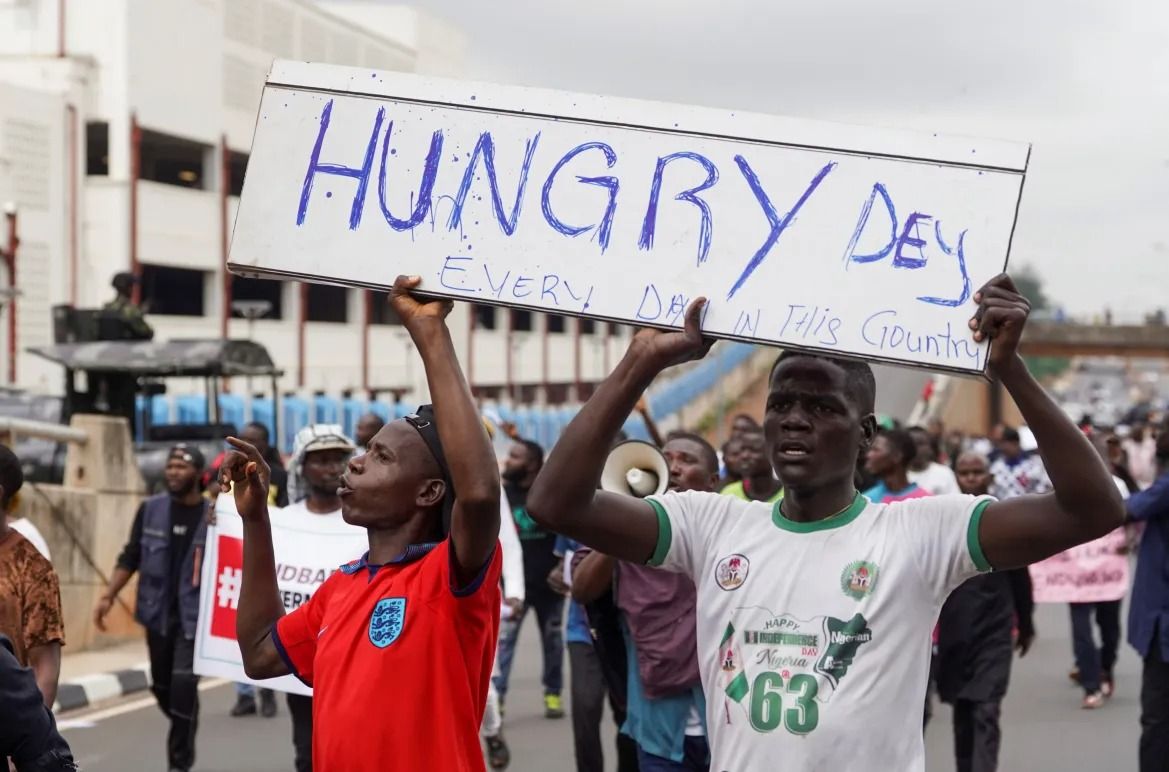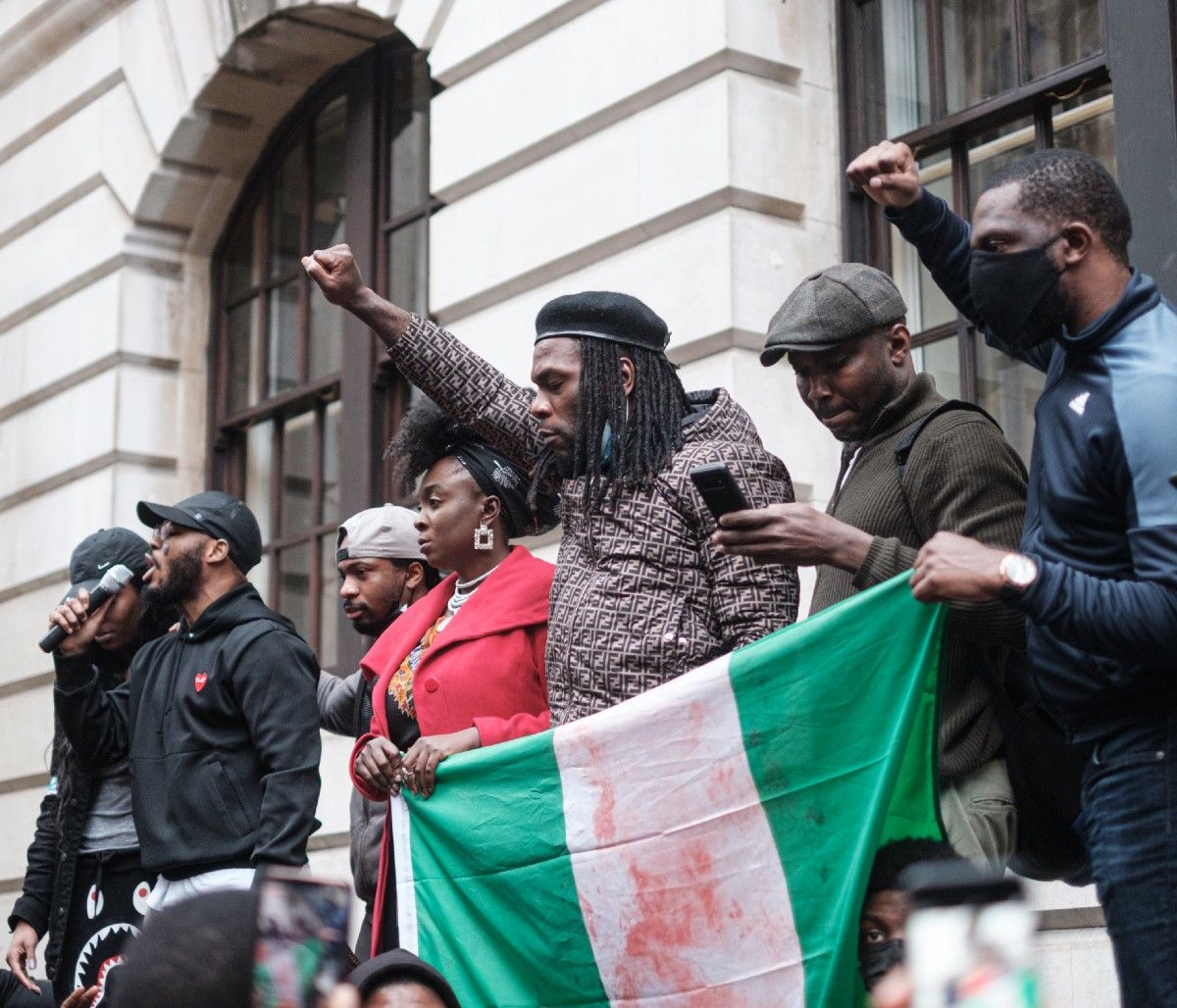The Digital Rebellion: How Nigerian Youth Are Using Social Media to Rewrite Politics
It often starts with a tweet something as small as “We deserve better.” One voice rises, another echoes, and before long, a thousand retweets turn frustration into fire. That’s the new heartbeat of Nigerian politics: digital, fearless, and unapologetically young. The country’s youth are no longer whispering behind screens; they’re shouting on timelines, organizing on WhatsApp, and voting with data instead of sentiment.
Nigerian youths are rewriting political engagement through social media. From protests to policy debates, they are building a new culture of digital accountability.
Quick Context: Why This Matters Now
In the last decade, Nigeria has witnessed the birth of something powerful a generation that refuses to sit quietly while decisions about their future are made without them. Political conversations have shifted from smoky radio stations to TikTok comment sections and live X Spaces.
The 2023 elections proved it beyond argument. Young people didn’t just vote; they mobilized, created infographics, fact-checked claims, and streamed debates. What used to be “youth apathy” is now digital activism in full motion.

How Youth Are Using Platforms
Social media is the new parliament. Hashtags have replaced chants, memes have replaced campaign jingles, and influencers are the new town criers.
From #EndSARS to #ReformPoliceNG, we’ve seen how tweets spark changes faster than petitions. Twitter Spaces became mini town halls where citizens grilled politicians live. Instagram feeds turned into campaign flyers. Even TikTok the land of trends and dances became a platform for satire and political education.
Young Nigerians are doing more than talk. They build data dashboards that track election results, run anonymous tip lines for corruption cases, and even design voter-education campaigns that outperform official agencies. In short, activism has evolved from “marching on streets” to “marching online.”
From Online to Offline
It’s no longer “slacktivism.” The digital fire spills into real life. Hashtags translate into protests, petitions, and fundraisers. The 2020 EndSARS movement was proof that a thread can lead to thousands on the streets.
Since then, online organizing has matured. Youth movements now use Telegram to coordinate volunteers, Instagram to raise donations, and X to hold government bodies accountable. Political participation is no longer seasonal it’s 24/7, trend-driven, and data-backed.
Winners and New Power Players
New kinds of leaders have emerged not from party caucuses, but from communities of followers. Influencers like Rinu Oduala, Very Dark Man, Mama P, and others have become civic voices people trust more than traditional politicians.
These are the “digital senators” young people with no title but heavy influence. Their retweets can shake ministries, their threads can expose shady policies, and their credibility sits on transparency and consistency. For the first time, the line between activism, media, and governance has completely blurred.
ALSO READ:
Problems and Pitfalls
Still, every revolution carries its shadows. The same social media that empowers can also deceive. Misinformation spreads like wildfire. Political operatives now use fake accounts to twist narratives or discredit genuine movements.
Online bullying has silenced some voices. Surveillance laws, content takedowns, and algorithm changes have made it harder to sustain momentum. Yet, even with these barriers, the youth adapt learning fact-checking, digital security, and storytelling as tools of survival.
What Success Looks Like
We’ve already seen wins. Poor roads fixed after viral posts. Lawmakers responding to public pressure. Young Nigerians appointed to advisory positions because their online advocacy reached the right ears.
Policy-wise, conversations about police reform, youth employment, and electoral transparency are now happening in mainstream politics because of digital pressure. Even old politicians are hiring social media managers to stay relevant proof that the digital battleground is real.
Practical Guide for Young Digital Activists
- Verify Before You Post: Truth is your greatest weapon. Don’t spread what you can’t defend.
- Build Communities: A movement is louder when many voices tweet in harmony.
- Stay Safe: Use two-factor authentication and learn basic cyber-security.
- Tell Human Stories: Facts convince, but emotions move people.
- Engage, Don’t Insult: The goal is change, not chaos.
- Document Everything: Screenshots and archives matter. History is being written online.
Closing Emotional Note
When the history of this era is written, it won’t be titled “the politicians who ruled.” It will be titled “the generation that logged in.” Nigerian youth are proving that democracy can live in a tweet, in a thread, in a voice note that says “We deserve better.”
MORE ARTICLES:
-
Tuface, Burna Boy and the Firestorm of the Big 3 Debate
-
How Updated Are You on Nigeria’s Gist Today?

Desauce Magazine is more than a blog, it is a cultural journal capturing the rhythm of Nigeria. From music and film to lifestyle and social issues, we tell stories that reflect the energy, struggles, and brilliance of our people.





